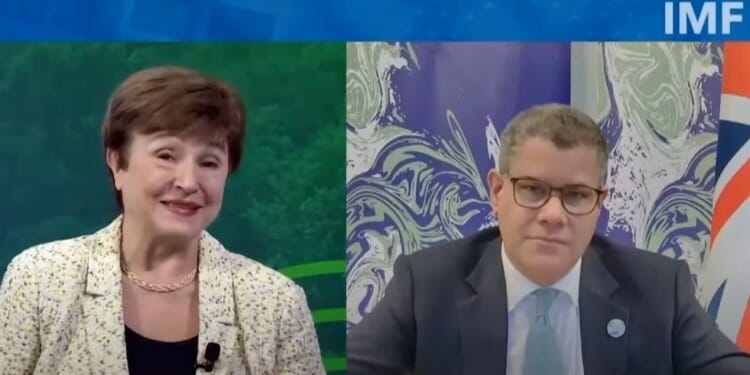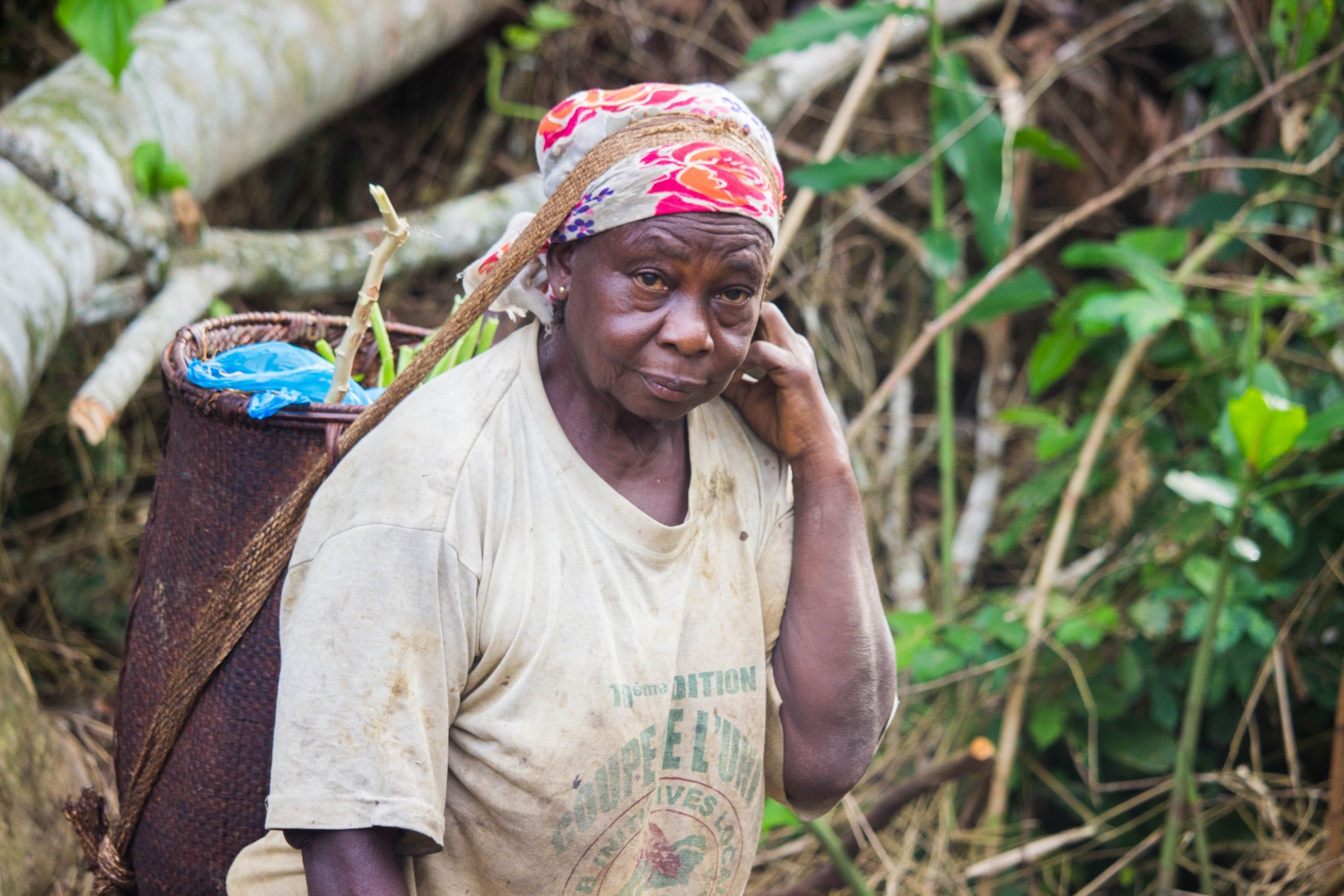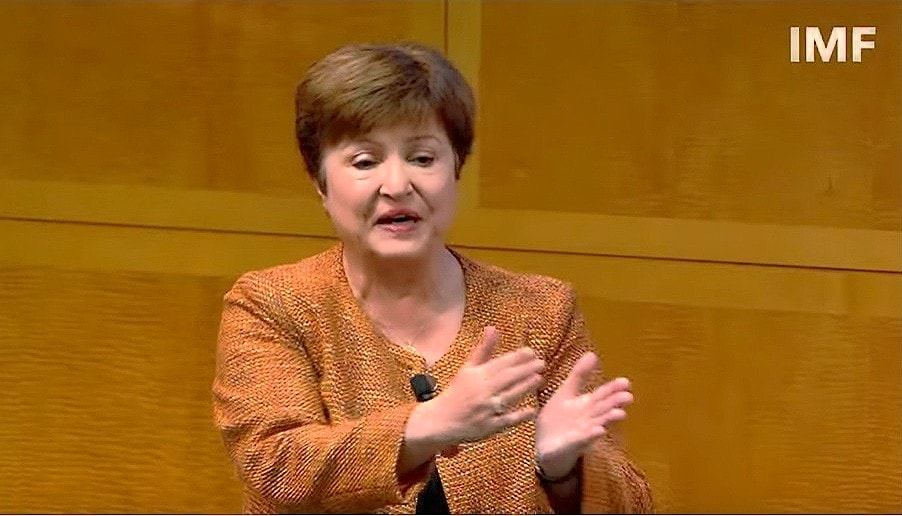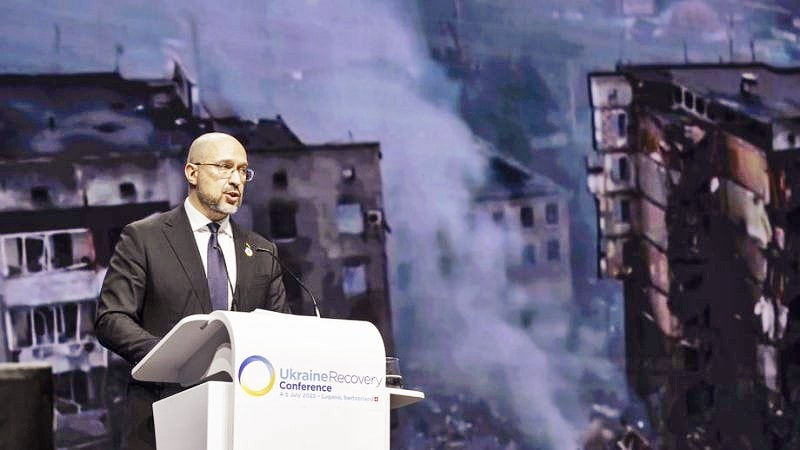The traditional work and focus for the International Monetary Fund (IMF) in the past was in assessing global and country macroeconomic performance, inflation, debt servicing decisions and the like. But 2021 has been no ordinary year for everyone, and that includes the IMF. Under its Managing Director Kristalina Georgieva, the Fund concluded it has a critical role in addressing the pandemic and climate change.
Given the impact of COVID-19 and the economic crises it has caused, an additional 650Billion in Special Drawing Rights (SDRs) for low and middle-income countries was approved this summer – and thus added to its basket of currencies. The use of these new resources has opened the option for some of the relatively better-off countries to on-lend some of these SDRs to countries that need it more than they do.
This new scope of action is the result of consultations with members of a pandemic multilateral task force, including the World Bank, World Trade Organization, and World Health Organization. In concrete terms what will be before the IMF Board is a new Resilience and Sustainability Trust (RST) to support policy choices to better position countries to deal with the future shocks. Georgieva, in remarks at the International Conference on Climate in Venice in July, outlined briefly the role of the RST:
This Trust would aim to support resilient and sustainable growth in the post-pandemic period, including resilience to climate change. It could lend at cheaper rates and longer maturities to provide fiscal space for countries to undertake green reforms and policies. And it could especially benefit low-income, poorer, and vulnerable middle-income countries. I look forward to discussing this with our membership in the period ahead. (bold added)
The indications are that it will be approved though there are concerns by some of the extent to which it goes beyond the scope of the institution, and thus the need for clear and strict parameters. The International Monetary Financial Committee (IFMC) chaired by the Minister for Finance of Sweden issued a communiqué today that certainly goes in that direction, supporting the RST in its task “to provide affordable long-term financing to support countries undertaking macro-critical reforms to reduce [balance of payments] risks […], including those related to climate change and pandemics” while preserving “the reserve asset characteristics of the SDRs”. And the Committee called upon the IMF “to develop and implement the RST and collaborate closely with the World Bank in this process” as well as “exploring viable options for channeling SDRs through multilateral development banks.”
While COVID-19 is one of two new major areas of IMF engagement, the other is climate change.
Looking to the next and global meeting (COP26), to be held in Scotland in less than three weeks, Georgieva sat down with the COP26 President Alok Sharma and made the case for this being very appropriate territory for the organization, integral to its work in collecting and assessing macroeconomic data, policy engagement, and capacity development.
She noted that while there has been a 50% increase in climate-related investment, it only represents about 0.25% of all investment flows; this needs to be significantly increased, and soon. As to priorities, for the IMF it will include:
- collecting climate-related data;
- supporting countries so that the global price of carbon reaches $75/ton by 2030;
- provide incentives for more “green infrastructure investment”, building on opportunities created by the plummeting of renewables;
- looking at how IMF resources can particularly assist vulnerable countries and communities in need;
- and give special consideration to those countries who contribute little to the climate change problem but are very heavily affected.
Mitigation of the impact of climate change is essential and good, but the adaptation of country infrastructure and policies is crucial and, she said, has gotten less attention and financing. In line with the Paris Agreement accords, multilateral development banks and the IMF need to prioritize this side of the challenge which was underscored by COP26 President Sharma.
The call for new $100 billion funding for all forms of climate change assistance is the “ask” from these institutions and it is seen as vital in attracting and leveraging private sector funding.
While little has been achieved so far, the IMF and COP26 leaders both saw promise in that surveys are showing that large majorities of people around the world are now worried about climate impacts and signal a willingness to support the necessary changes.
There is no time to lose. Referring to one of the world’s early and most influential figures, Georgieva paraphrased Eleanor Roosevelt’s famous saying that “the future of the world is in our hands”.
We will see if we are in good hands.
Editor’s Note: The opinions expressed here by Impakter.com columnists are their own, not those of Impakter.com. — In the Featured Photo: IMF Director Georgieva and COP26 President Sharma in video talk, 13 October 2021 (screenshot)














